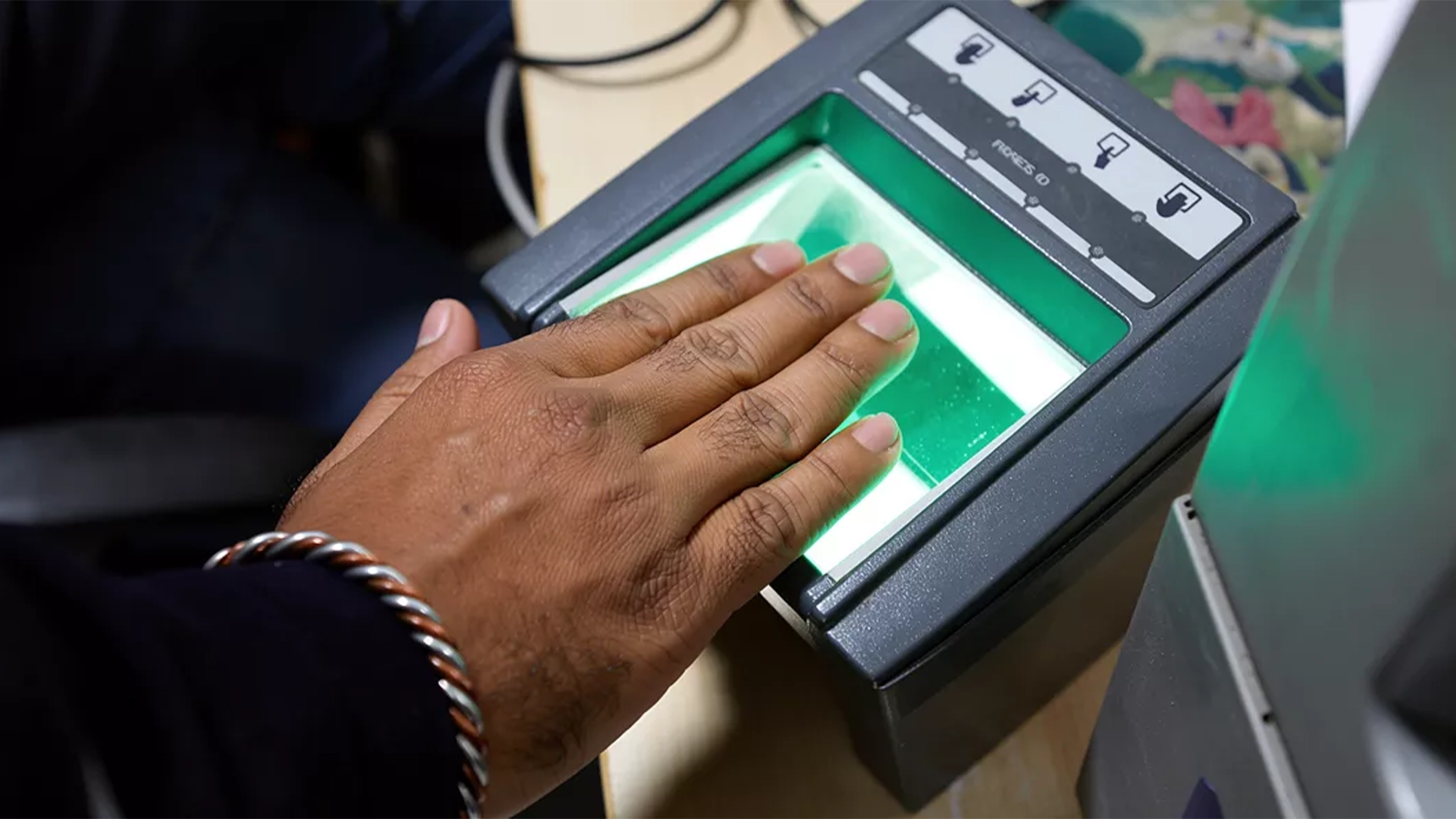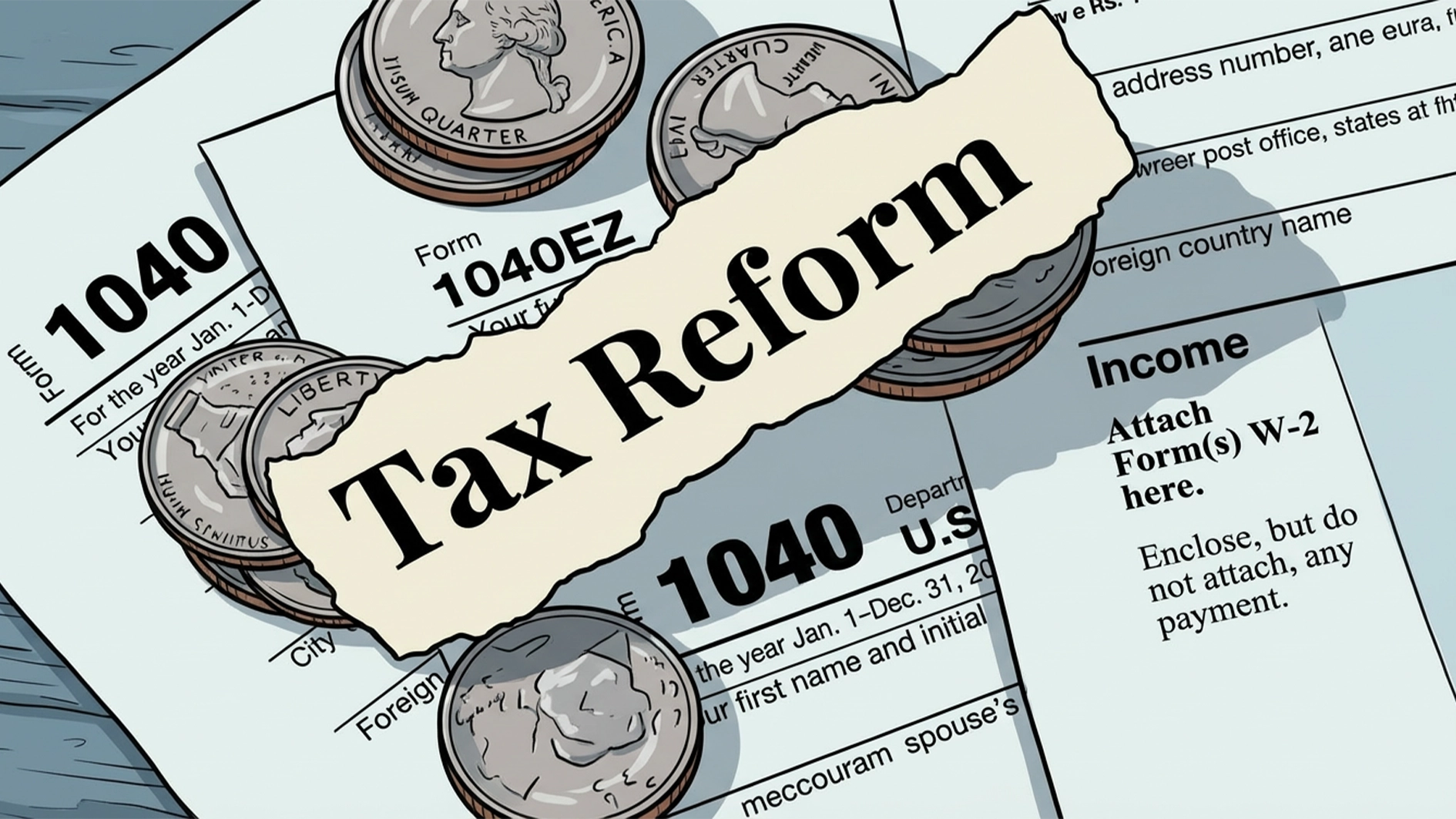Bold reforms and targeted infrastructure investment could revive Nigeria’s once-thriving textile industry and position the country as a major player in the $10.3 billion global apparel export market.
This is the view of the Founder and Chairman of Arise Integrated Industrial Platform, who emphasised that without urgent action, Nigeria would continue to miss out on one of the continent’s most promising industrial opportunities.
Gupta, who spoke on the theme, ‘The Journey to Making Africa a Global Manufacturing Hub’, said that while Nigeria has the raw materials, a large labour force, and a growing consumer market, these advantages remain dormant due to the absence of a clear policy framework, infrastructural bottlenecks, and weak industrial systems.
Gupta argued that without a deliberate push to modernise production facilities, improve transport networks, ensure steady access to power, and facilitate access to finance for manufacturers, Nigeria and other African countries will continue to import what they could be exporting.
He said that to truly unlock the potential of its textile and apparel industry, Nigeria must commit to long-term reforms that prioritise value addition, support local enterprises, and integrate the sector into regional and global value chains.
Nigeria imported textiles worth approximately N726.18 billion in 2024, a 298 per cent increase from N182.53 billion in 2020.
He argued that much of this demand could be met locally. The country is rich in cotton and can build competitive value chains if the right frameworks are in place.
Local businesses in Nigeria frequently struggle with inadequate access to funding and working capital. Securing raw materials remains another major obstacle, as does the high cost of foreign exchange, which continues to inflate the price of imported inputs and machinery.
The lack of efficient logistics and transport partnerships further complicates the movement of goods, making regional and global trade more expensive and less competitive.
According to him, this gap is not unique to Nigeria but across several African countries, where industrialisation efforts are hampered not only by policy inconsistency but also by infrastructural deficits, land acquisition challenges, and a shortage of skilled labour.
He pointed out that the challenge is not also limited to textiles, noting that Nigeria and much of Africa have historically exported raw materials.
However, Gupta noted that in recent years, this has declined, only for the continent to turn around and import finished goods made from those same raw inputs. He argued that despite these setbacks, some African countries have made notable progress.
Chad increased its trade volume from just $15 million to an impressive $5 billion. Togo, although reliant on imports of raw soy milk, has become a re-export hub. Benin has carved a niche in ceramics exports. These examples show that transformation is possible when policy aligns with investment and targeted support.
Gupta said reversing the trend of raw material export and dependence on imported finished goods requires a coordinated push from both the public and private sectors.






